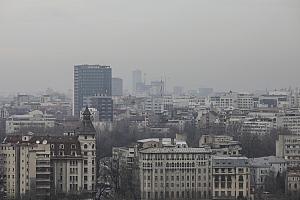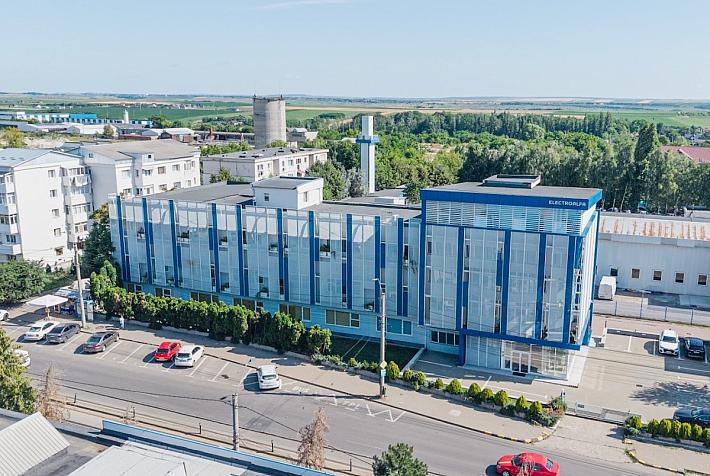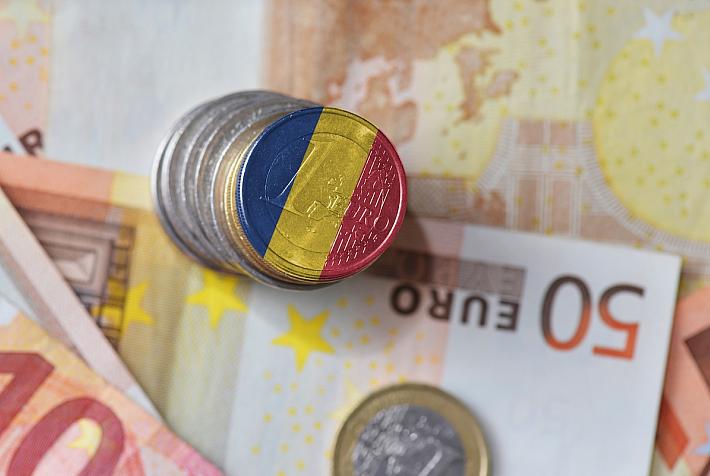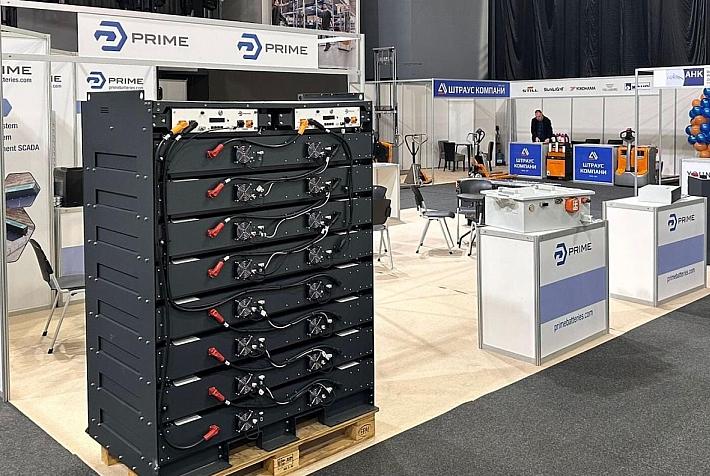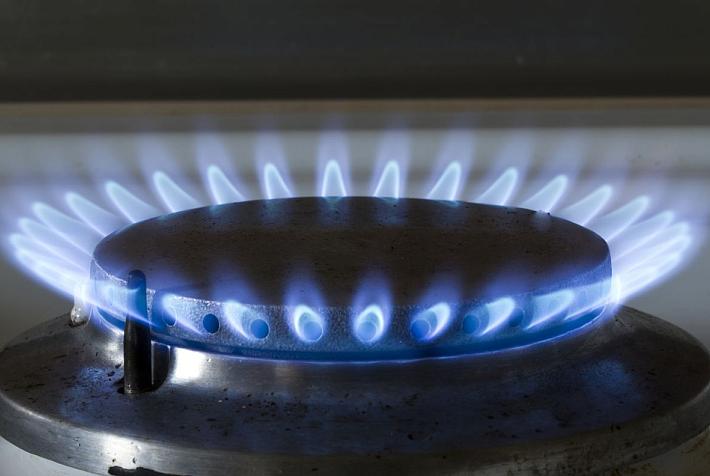EIB survey finds fair grasp of climate change consequences among Romanians, room for improvement on solutions
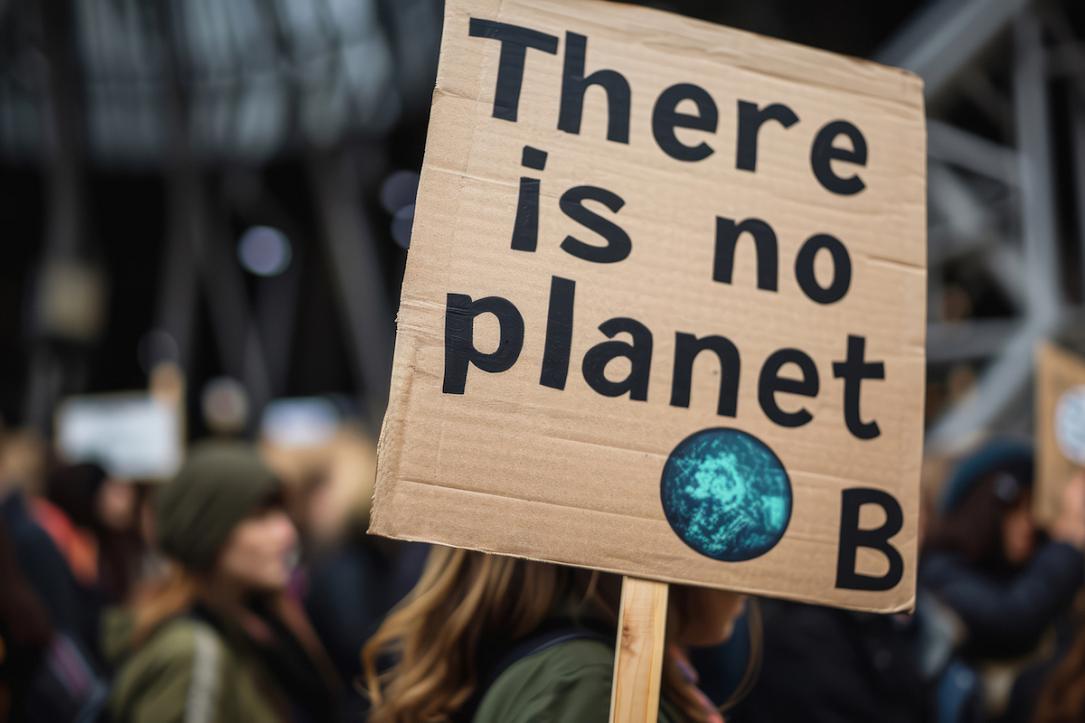
Romanians have some awareness of the causes and consequences of climate change, but there’s still room for improvement when it comes to their knowledge about solutions, according to the sixth edition of the European Investment Bank (EIB) Climate Survey.
The survey had over 30,000 respondents across 35 countries, including the EU Member States, the United Kingdom, the United States, China, Japan, India, and Canada.
To assess the public’s understanding of climate change in Romania, the EIB Climate Survey focused on people’s knowledge of climate change in three key areas: definitions and causes, consequences, and solutions. Participants answered 12 questions and were ranked on a scale of 0 to 10, with 10 indicating the highest level of knowledge.
Romanian respondents scored 5.77/10, placing them well below the EU average of 6.37/10, according to the EIB survey. Finland leads the scoreboard with 7.22/10, followed by Luxembourg (7.19/10) and Sweden (6.96/10).
“Romanians have some awareness of the causes and consequences of climate change but lack knowledge about solutions. Similarly to the findings in most EU countries, a large share of Romanian respondents did not know that reducing speed limits on roads (80%) or better insulating buildings (65%) can help combat climate change,” reads the survey’s findings.
The survey’s first sub-index focuses on the definition and causes of climate change. In this area, Romanians scored far below the EU average (6.83/10 compared to 7.21/10), EIB revealed.
For example, when it came to defining climate change, most Romanian respondents (70%) selected the correct definition (“A long-term shift in global climate patterns”), and only 5% believe that climate change is a hoax.
At the same time, roughly three-quarters (72%) are also aware that the leading causes of climate change are human activities such as deforestation, agriculture, industry, and transport. Meanwhile, more than a quarter of the respondents believe otherwise, with 20% thinking it is caused by extreme natural phenomena such as volcanic eruptions and heatwaves and 9% believing that climate change is caused by the ozone hole.
When asked about the three biggest greenhouse gas emitters worldwide, most Romanians (64%, but 8 percentage points below the EU average) correctly selected the United States, China, and India. However, over a third (36%) of respondents still chose an answer that did not include China.
The same, when asked about the consequences of climate change, Romanians again scored only 6.90/10, well below the EU average of 7.65/10.
Most (85%) correctly said that climate change is worsening world hunger by affecting crop yields due to extreme weather, and 68% know that it has a negative impact on human health. The effects of climate change on migration, with increased forced displacement worldwide, is clear for two-thirds (66%) of Romanian respondents.
In the last sub-index, Romanian respondents scored 3.59/10 compared to the EU average of 4.25/10, “indicating that they have significantly less knowledge of actions that can help mitigate climate change compared to the other two areas investigated,” the EIB said.
“This highlights a general trend across EU countries, with most of them receiving low scores in this area. This score places Romania last among the EU27,” it added.
According to the survey’s findings, most Romanians (69%) know that using recyclable products can help mitigate climate change, while 64% also correctly said that using public transport instead of an individual car is a step in the right direction. Still, only a minority (35%, 9 percentage points below the EU average) seem to know that better insulating buildings can also help.
At the same time, only a quarter of respondents (27%, 15 percentage points below the EU average) are aware that buying new clothes less frequently is another way to fight climate change. Similarly, very few respondents (20%, 6 percentage points below the EU average) seem to know that reducing the speed limit on roads would help mitigate climate change. Finally, most Romanians are unaware of the significant CO2 emissions related to digital usage, with only 6% saying that watching fewer videos online could help too.
Moreover, according to the same source, like in most countries in Europe, only a minority of Romanians (34%) were able to correctly define an individual’s carbon footprint as “the total amount of greenhouse gas emissions emitted by a person in a year.”
The EIB has been supporting climate change projects in Romania with investments. Under the InvestEU initiative, the EIB has signed a EUR 40 million loan with Eldrive to expand electric vehicle charging networks, including more than 8,400 new stations across Eastern Europe. Also in Romania, the P3 Rooftop Solar PV Green Loan provides EUR 3 million for rooftop photovoltaic installations at logistics centres to generate clean solar electricity, reduce carbon emissions and support both national and EU 2030 climate goals.
irina.marica@romania-insider.com
(Photo source: Vadreams/Dreamstime.com)







